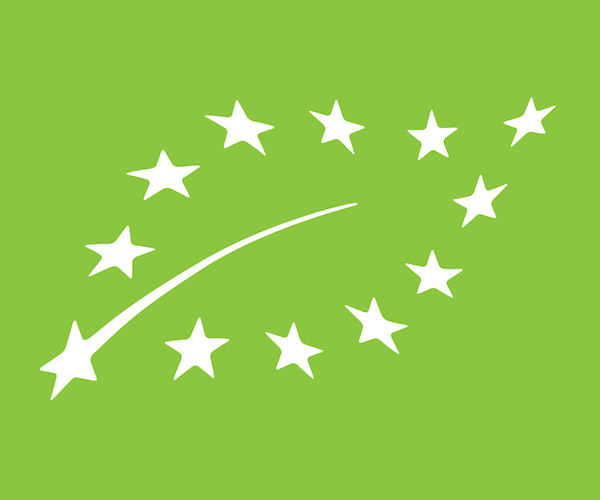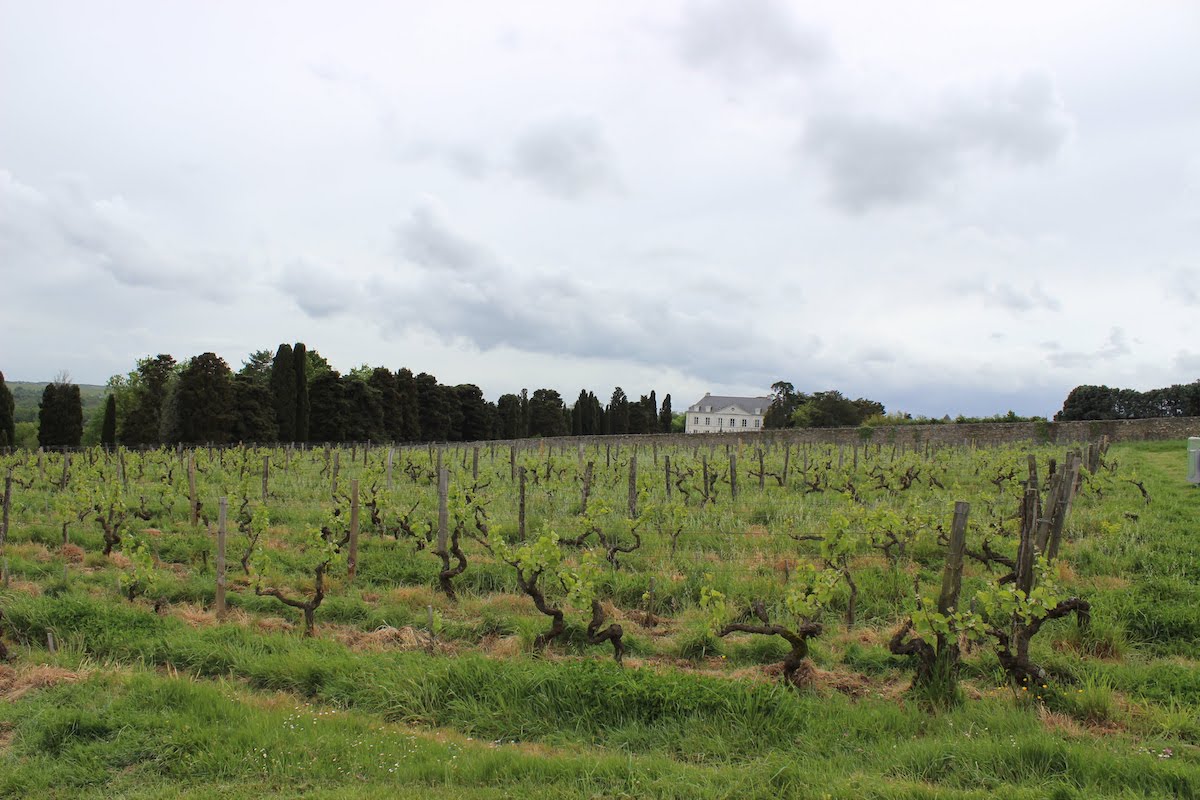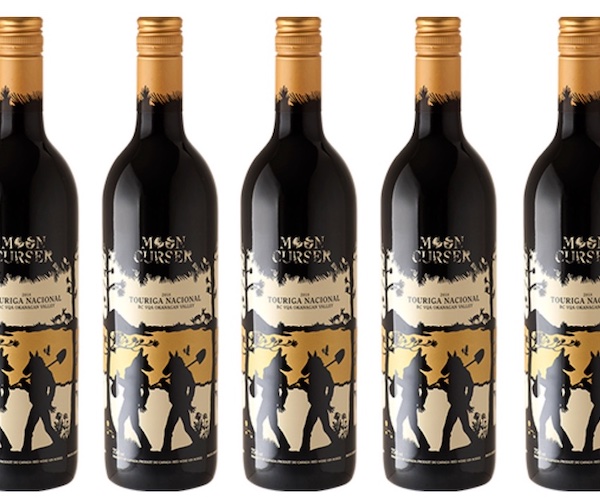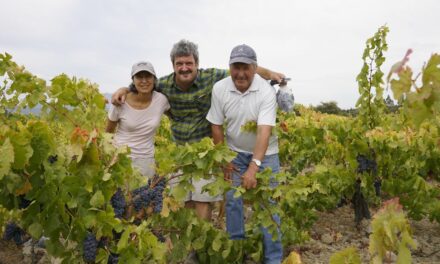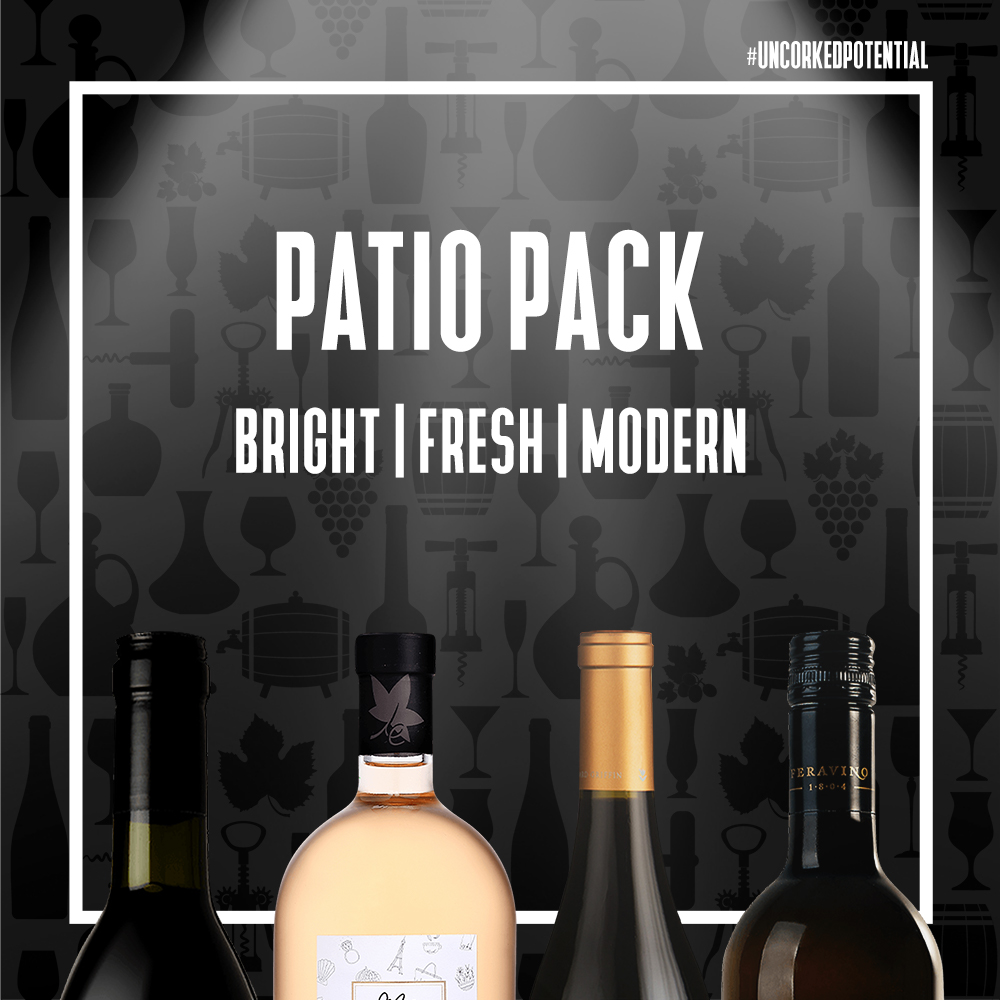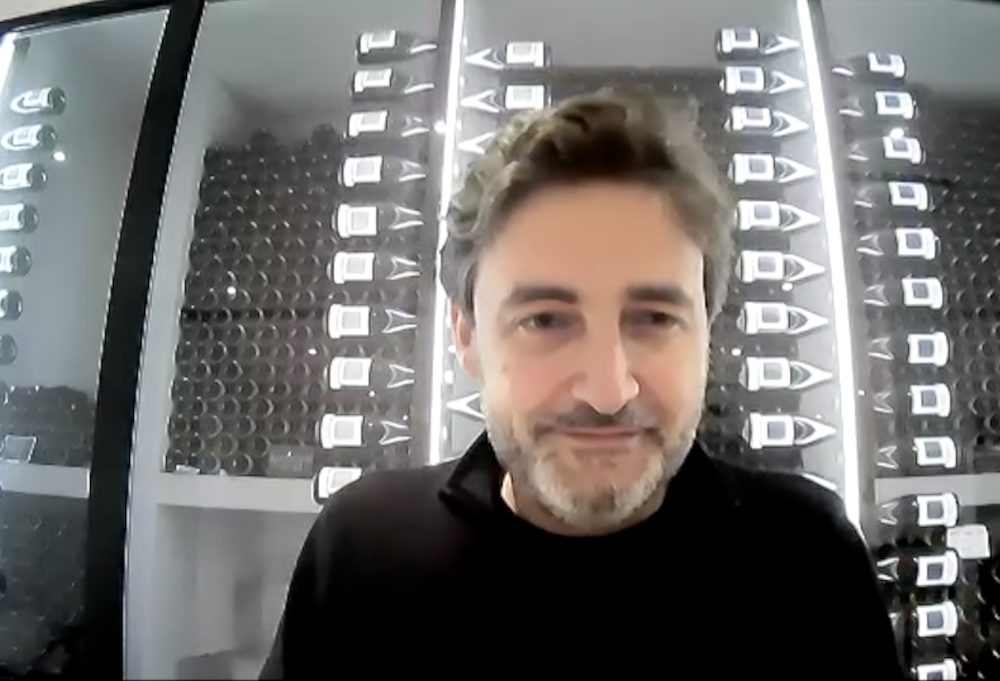Malcolm Jolley thinks organic wine is coming for the masses…
This week I attended a series of two webinars on organic wine put on by the British trade magazine Harper’s Wine & Spirit and the Argentine wine producer Argento. Argento, and its parent company Grupo Avinea are focusing increasingly on organic production and the series, I think, was a clever way to remind journalists and trade of that. (We’ll see for sure later this month when I interview Argento’s winemaker Juan Pablo Murgia, who was also on both webinar panels.) The first panel discussion was about organic wine production and the second panel was about selling organic wine, particularly to retail consumers. The big story that emerged over the two day webinar was that while certified organic wine still represents a very small percentage of overall worldwide production and sales (like under 5%), sales of organic were continually growing pre-COVID, when the rest of wine sales were stagnating or in decline, and far outpaced conventional sales again in the COVID era retail wine boom.
The moderator for the series was Harper’s Wine & Spirit Editor, Andrew Catchpole. During the first session, Catchpole made the point that 20 years ago when he began writing about wine, organic wines were often judged more on the ideological commitment of the producer than the aesthetic merit of the wine. This is a phenomenon that, I believe, has repeated itself more recently in the case of the so-called ‘natural’ wines. Catchpole’s comment, and further observations made by the panelists, got me to think of the 21st century history of organic wines in terms of three waves. The first wave would be the ideological organic wines, influenced by movements like Slow Food, these wines were often unpolished but came with the twin merits of authenticity and a rejection of toxic modernity that manifested itself in the form of the suspicious chemicals employed in conventional production. The odd off taste, or mild fault, was seen by many as a small price to pay to avoid poisoning oneself and the planet, while at the same time re-acqainting oneself with pre-modern wine making.
Mercifully, the first ‘ideological’ wave of organic wine was soon displaced by a second ‘luxury’ wave. Well, mercifully for those who could afford it, because replacing chemicals with labour is expensive. Producers in this vein, like Nicolas Joly in the Loire or COS in Sicily, were (are) exulted by the sommelier set and made pricey restaurant wines that earned high scores. They proved that organic wine could be delicious, but also helped reinforce the idea that organic wine was an elitist indulgence. That perception was compounded by the fact that becoming a certified organic winery was expensive. Many small producers might practice organic viti and viniculture, but eschew certification.
One of the panelists on the first Harper’s and Argento panel was the oenologist Jacques Frelin. Frelin said their were a few reasons why the Southwest of France, where he makes wine and consults, has been able to convert a great deal of their vineyards to organic. One is the climate, which is a natural defense against disease pressure. But the other factor cited by the veteran winemaker was resonant: “It’s the new technology of the past 20 years that has made organic wine possible and successful in the South of France.” There has been an incredible leap in understanding what happens in the vineyard and in the cellar over the last 50 years, and in the last 20 that’s been translated into technology and practice. The last 20 years have also been the time of the internet communications revolution and, until recently, cheap and easy travel. A good idea in New Zealand will find it’s way to Italy quickly. This is the third wave of organic wine: well made and priced for supermarkets (or large monopoly retailers).
Sara Norell was on the second panel on the Harper’s and Argento organic wine webinar, which focused on consumers. She Zoomed in from Stockholm where she works for Sweden’s governement liquor monopoly Systembolaget. She told the group that one of Systembolaget’s mandates is the ‘healthy enjoyment of alcohol’ and the organization saw organic wine as a part of that, not just for the health of Swedes but also for the planet. Ten years ago they set a goal that 10% of their sales would be organic by 2020. They met it in 2015, and believe they will reach 25% in 2020. Norell attributed their success to three factors. First, consumer demand for personal health and environmental reasons. Second, competitive pricing, which the monopoly could secure because of volume. And third, more and more producers offering certified organic product. That sounds like the future and a third wave to me.
Stay tuned to GFR for my interview with Argento’s Juan Pablo Murgia on this subject and more…

